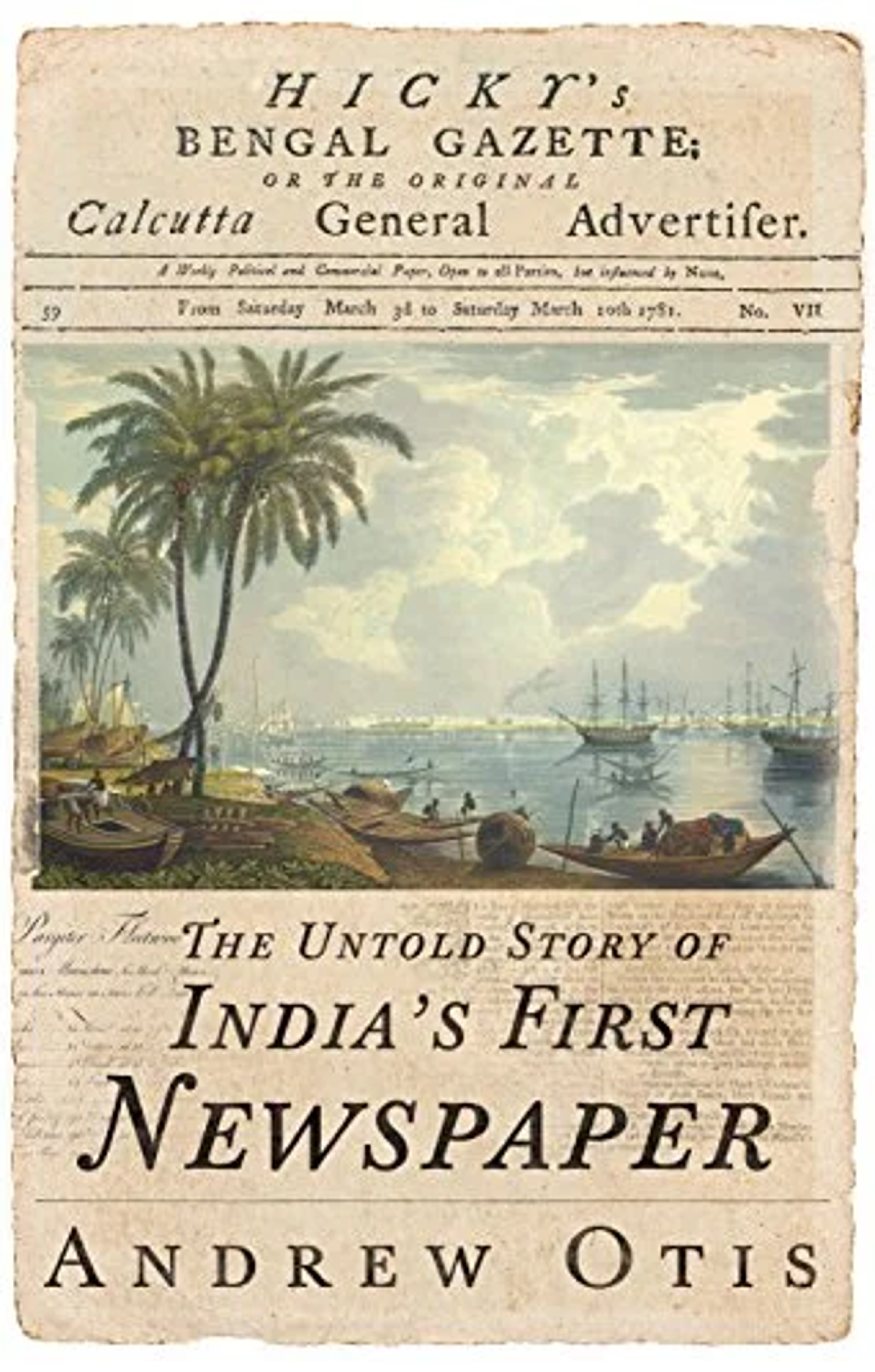Media- the perfect spouse to Indian Politics has been a cardinal part of government’s ruling for ages and for very long had a voice and role in the political diction of the country as well as the federal units.
But over the course of history, we do realize that media has always been the submissive while the government enjoyed dominance over the press; tracing this we head back to 1782 colonial India when the first newspaper, Hicky’s Bengal Gazette witnessed an abolishment solely because of its criticism of the East India Company and faltering for the adulation for the company appropriately dictates the position of the two in the larger context, it further mantains it’s positional relevance in 21st Century India with the only change being in the feasibility of compromise. Now, the media is found quoting a valid price for itself and whosoever pays the cost finds the patronage easily.

The General Elections of 2014, witnessed the tagline(s); “Abki baar Modi Sarkaar” and “Ache din”, and undoubtedly we fell to this trend and paved way for what we endure till now. Media, clearly had an undeniable role in BJP’s win of 2014 and again stressed for it in 2019, the support of media continuing relentlessly has only treads of growth and no veritable stopping that could be seen as of now. This clearly shows the power that media encompasses, and is surely more powerful than any army could ever be. They can create opinions, they can change opinions, they can create sentiments, they can create realities. The media has the power to literally change societies and surely does that inevitably.
But, how does the current media exercise such power(s) ?
Used as a propaganda machine, the media today most certainly seems to lack the principle of objective and impartial reporting. Many major organisations unabashedly pick one side of the political spectrum (the one in power is always right) and at best provides relatively biased coverage or at worse act like the salesman for a particular political party.
The credits for the long-simmering crisis of credibility in the Indian media, also goes to the journalists holding the green sign for the ruling government. In an era of fake news and declining faith in media, an enfeebled class of journalists could eventually lead to the death of the very democracy that defines modern India. A fairly recent example is of November 2016, when Modi government abruptly recalled 86 per cent of the country’s currency – to fight corruption and media, following the rulebook failed to ask crucial questions or hold it responsible for the economic backlash.By initially lauding what most economists refered as a dangerous move and by buying the government line, journalists contributed in spreading the perception that phony economics could solve big problems and in the end, India’s growth rate dropped for several quarters.
Considering another example, Modi government has substantially changed how the government calculates its growth data. In an open letter written to the PMO last March, more than a hundred economists and social scientists expressed concerns regarding India’s statistical machinery that was being “controlled by favourable political considerations”. And again, Indian media barely covered the letter’s release, let alone the double dealing data behind the government’s magnificent growth proclamations.
In each of these cases – especially the country’s “INFLUENTIAL” TV channels – functioned largely as government mouthpieces. Within the mainstream there continues to be honourable exceptions like that of New Delhi Television ( NDTV) or The Hindu that soldier on despite the pressures.
It’s about time we realize that this dysfunctional relationship is harming the country’s democratic status and is surely questionable on moral grounds (if it is considered at all, for it is just a political humour in today’s time). Being the fourth-estate, media holds some serious responsibilities towards its seekers and it should not sabotage its authenticity for such substandard relationship with the government.
Nuzhat Khan
Department of English, Jamia Millia Islamia




